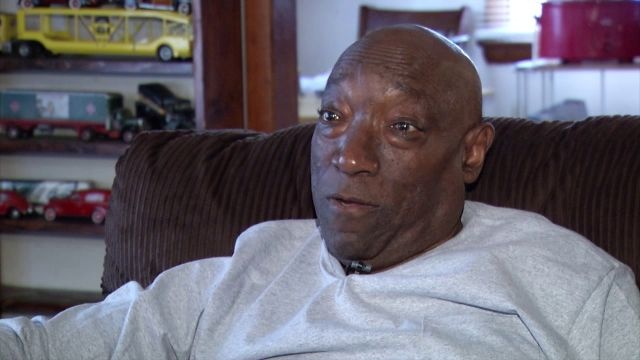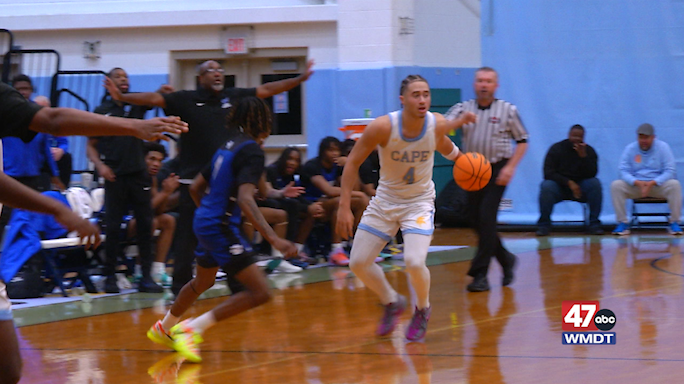Carr Handy, the former slave who fought for his freedom

In an effort to free slaves and bolster the ranks of the Union Army in Maryland, President Abraham Lincoln orchestrated a deal that slave owners could sell their slaves to the Union Army for $300. One of those slaves was Carr Handy, who lived in what is now Wicomico County. His great-grandson, John Handy, spoke with 47 ABC Friday about the legacy Carr left.
“I’ve always been proud to be a Handy because I knew what the Handy’s have contributed,”John said.
According to documents from the war, Carr fought in the front lines for the Union Army and was shot in the arm during a battle in Richmond, Va. Because of that, Carr had his arm amputated and was honorably discharged.
Immediately after the war Carr went to Georgia in search of his father Levin, who had been sold by his owners on the Eastern Shore after he reportedly told them that he would not work in the fields during the summer months because it was too hot.
Carr found Levin and returned with him to modern day Wicomico County, where Carr bought land with his disability check from the army.
Historian Dr. Clara Small is very familiar with the story behind the Handy family. Small believes today’s youth do not spend enough time researching their history and taking the time to learn about their family’s origins.
Small said a lot can be learned from the story of Carr Handy.
“It means that there were courageous individuals, you might be a slave, but it doesn’t mean you have a slave mentality, it meant that this individual knew that there was something better and was willing to die for,” Small said.
Small added that unfortunately, many stories like Carr’s are still unknown because the history of blacks on Delmarva was not something that ended up in many history books.
John said he believes race relations in the United States are a partial cause of the public not knowing the roles that blacks played in the history of this country. Although the memories are hard for some to talk about, he believes the key to solving some of today’s race issues, lies in discussing the past.
“The more we talk about it, the more we don’t shy from really talking about it, the more we come together,” John said.
Both John and Small encourage black youth on the Eastern Shore to look up their family history, as many families have stayed here since the time of the Civil War.

